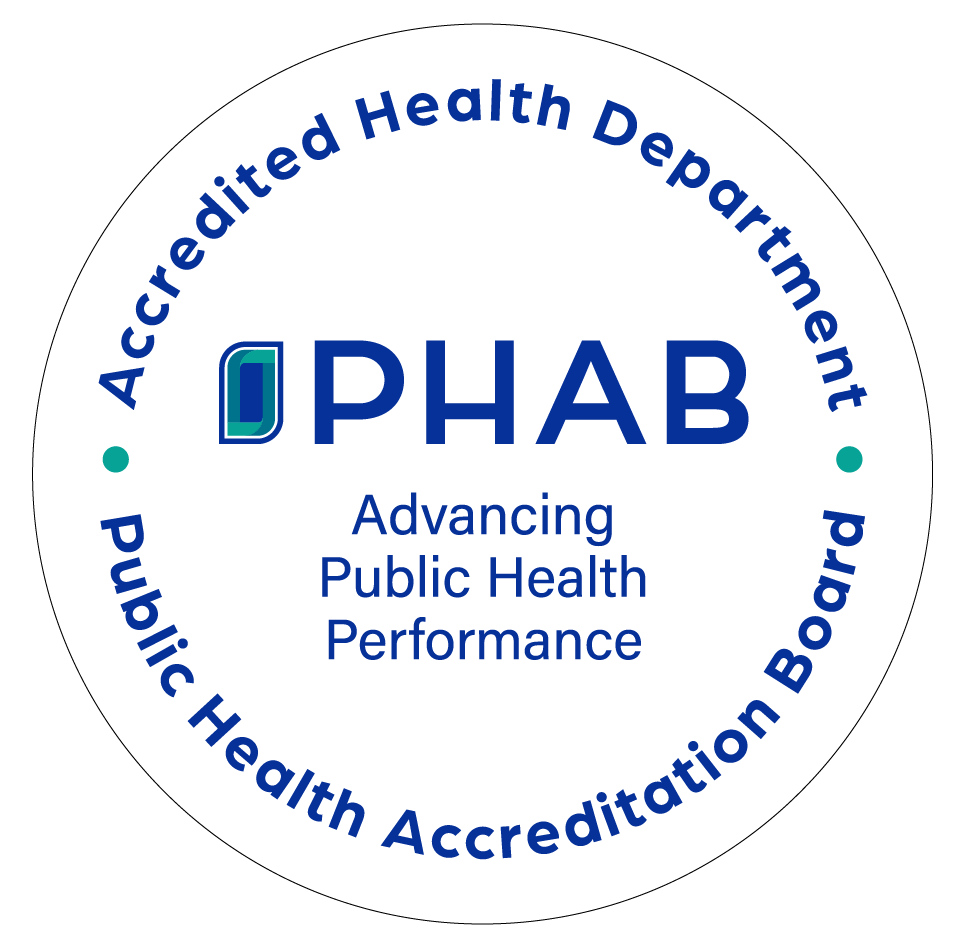Although it's commonly called stomach flu, gastroenteritis isn't the same as influenza. Real flu (influenza) affects only your respiratory system: your nose, throat and lungs. Gastroenteritis, on the other hand, attacks your intestines.
Though there is much education on the topic, many people continue to confuse a stomach flu (gastroenteritis) with "the flu" (influenza). Symptoms for a stomach flu, likely caused by close contact with a sick person or contaminated food or water, include:
- Watery diarrhea (bloody diarrhea usually means you may have a different, more severe infection)
- Abdominal cramps and pain
- Nausea, vomiting or both
- Occasional muscle aches or headache
- Low-grade fever
Depending on the cause, stomach flu symptoms usually appear within one to three days after you've been infected and can range from mild to severe. Though symptoms usually last only a day or two, they can last as long as 10 days. There is no treatment for the stomach flu, but you can increase your likelihood of avoiding it altogether by washing your hands frequently, avoiding sick people, and, of course, contaminated food or drink.
"THE FLU" (influenza), on the other hand, affects your respiratory system: nose, throat, and lungs. Symptoms include:
- Fever* or "chills"
- Cough
- Sore throat
- Runny or stuffy nose
- Muscle or body aches
- Headaches
- Fatigue (tiredness)
- Some people may have vomiting and diarrhea, though this is more common in children than adults.
* It’s important to note that not everyone with flu will have a fever.
Most people who get the flu recover in several days to less than two weeks, but others may develop complications resulting from the flu. Those persons who are at highest risk for complications include: infants and young children; adults 65 years and older; pregnant women; and people who have compromised immune symptoms due to certain chronic medical conditions. These people sometimes require hospitalization. Persons with chronic lung conditions are also more likely to develop pneumonia, attributed to the flu.
Complications of the flu include sinus and ear infections and pneumonia. Other possible serious complications triggered by flu can include inflammation of the heart (myocarditis), brain (encephalitis) or muscle (myositis, rhabdomyolysis) tissues, and multi-organ failure (for example, respiratory and kidney failure). Flu virus infection of the respiratory tract can trigger an extreme inflammatory response in the body and can lead to sepsis, the body’s life-threatening response to infection. Flu also can make chronic medical problems worse. For example, people with asthma may experience asthma attacks while they have the flu, and people with chronic heart disease may experience a worsening of this condition triggered by flu.
Protect yourself and others from THE FLU by practicing good health habits, including:
- Frequent handwashing
- Avoiding touching your face
- Staying home when sick and keeping your children at home when sick
- Eating healthful foods and drinking plenty of fluids
- Get plenty of rest
- GET AN ANNUAL FLU VACCINE
CALL WYANDOT COUNTY PUBLIC HEALTH AT 419-294-3852 TO SCHEDULE YOUR FLU VACCINE.
Quadrivalent Vaccine for persons 6 months – 64 years
High Dose Flu Vaccine for persons 65 years – and older
Medicare part B, Medicaid, and contracted insurance plans are accepted.
Payment is due at time of service for uninsured or for those who do not have contracted insurance plans.
Information for this web article was obtained from the following websites:
https://www.cdc.gov/flu/about/disease/complications.htm (05-23-16)
https://www.mayoclinic.org/diseases-conditions/viral-gastroenteritis/symptoms-causes/syc-20378847 (12-02-14)

